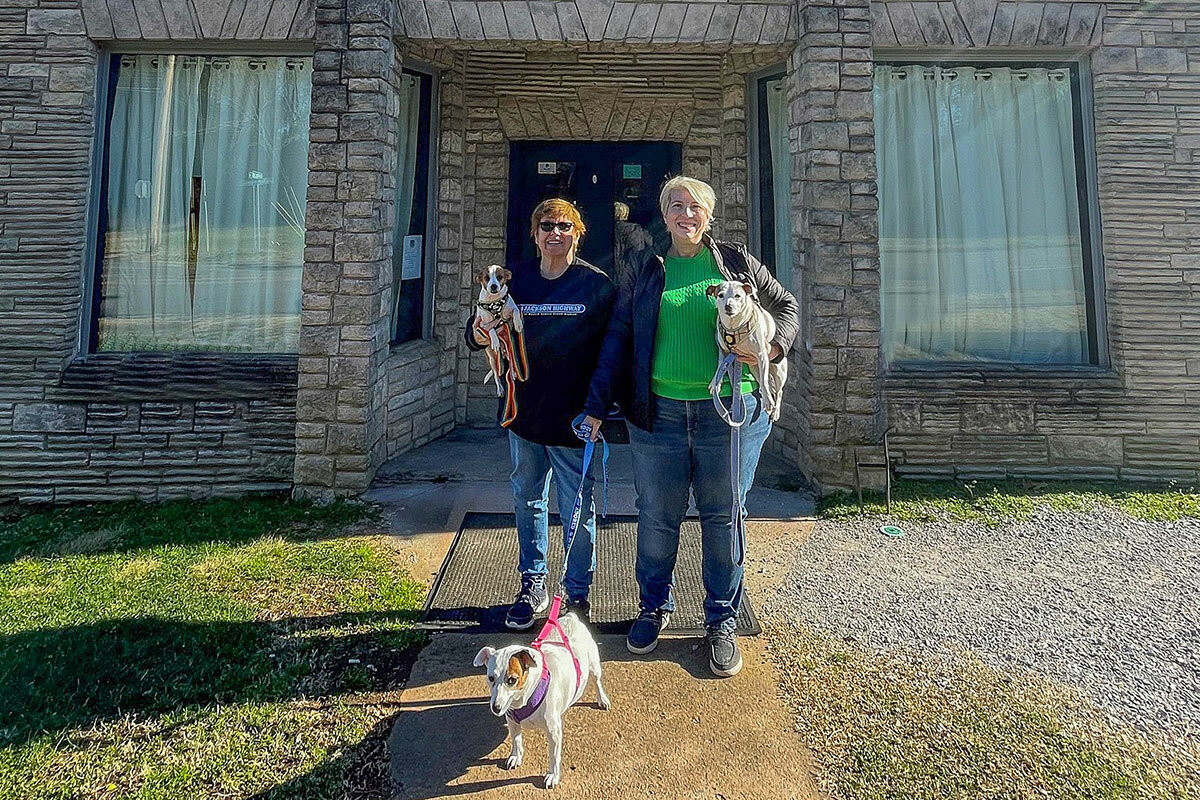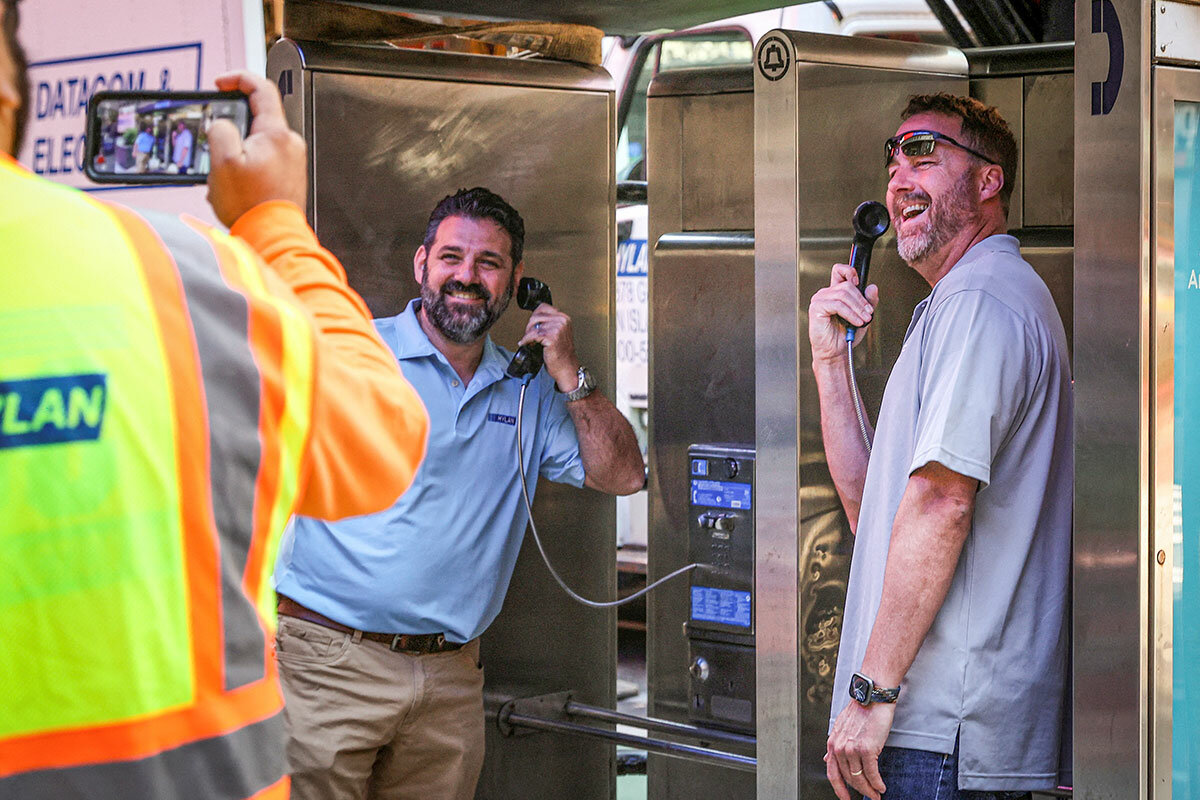A chaplain and decorated Army veteran works to teach soldiers how to look at missions through the lens of values: exercising a sense of fairness, respect, and honor toward opposing forces.
Monitor Daily Podcast
- Follow us:
- Apple Podcasts
- Spotify
- RSS Feed
- Download
 Clayton Collins
Clayton Collins
Have you heard about the car with no windows?
If you love vehicular innovation then you might have seen that Apple’s been filing patents reportedly aimed at developing an autonomous ride that would pair virtual reality feedback with exterior cameras and could, well, look like a giant wireless mouse on wheels.
Extreme? Sure. It’s one scout’s rendition. And yes, developers often flaunt capabilities in the way that fashion houses strut ensembles on the runway that won’t appear on the street. But pause for a moment to consider that we’re talking about Apple and automaking.
When I reported back in 2006 about a little startup called Tesla, auto-industry sources were skeptical about any “boutique” electric vehicle (EV) makers taking business from the bigs. It happened, pushing automakers to evolve.
New research from Ernst & Young hints at a “global tipping point” for EVs, with “more than half of car buyers saying they want their next car to be an EV.”
Next, the arrival of new players. Last week, smartphone manufacturer Foxconn struck a deal to buy an EV startup’s plant in Ohio. Earlier this year, Sony announced it would unveil a vehicle division. Others have piled on.
What does it mean? You might know some early adopters, but mainstream car buyers are slow to change. There’s still near-term doubt about autonomous cars (I wrote about self-parking, a baby step, fully 15 years ago).
Social evolution is slower than mobility tech. There are huge issues, old and emerging: safety, foremost. Also privacy, with the idea that more cars might soon require subscription updates (adding recurring costs and digital-divide concerns).
Still, we’re seeing the start of a bigger rethink around mobility. Who’ll lead in ways that scale – that serve societies, and the planet?










